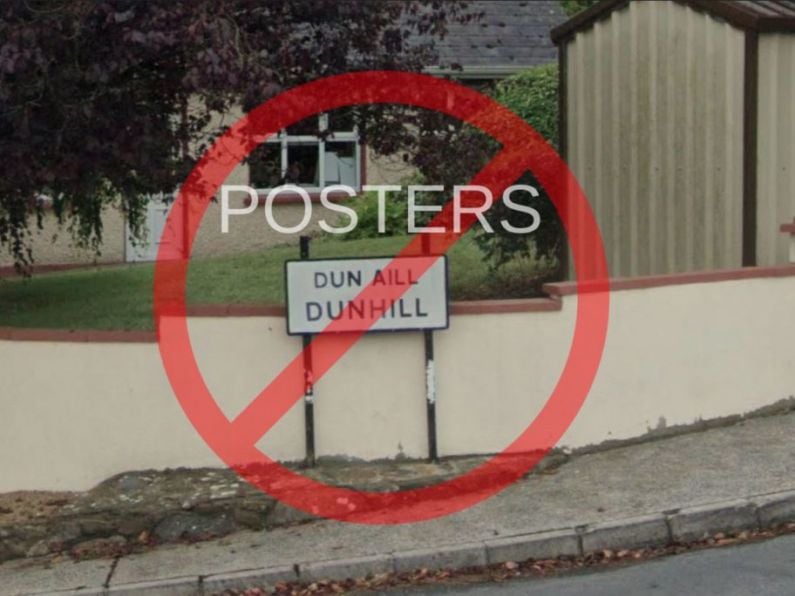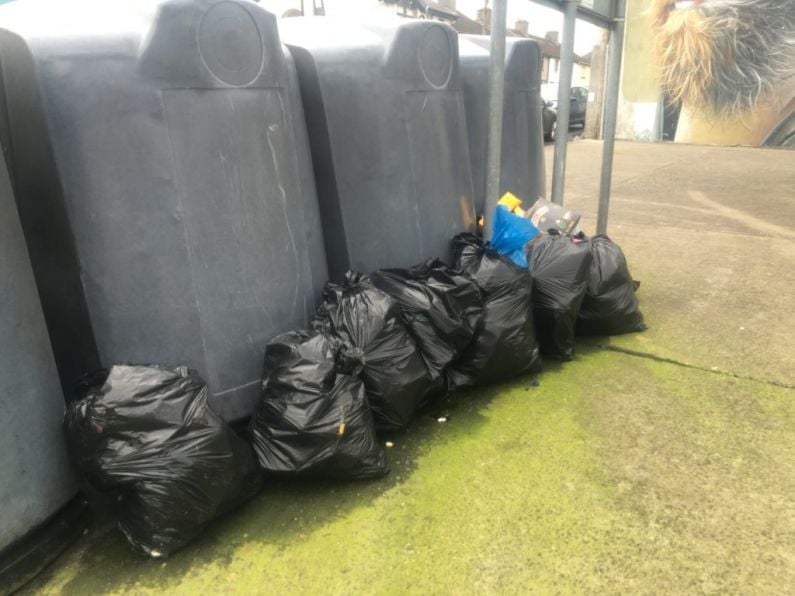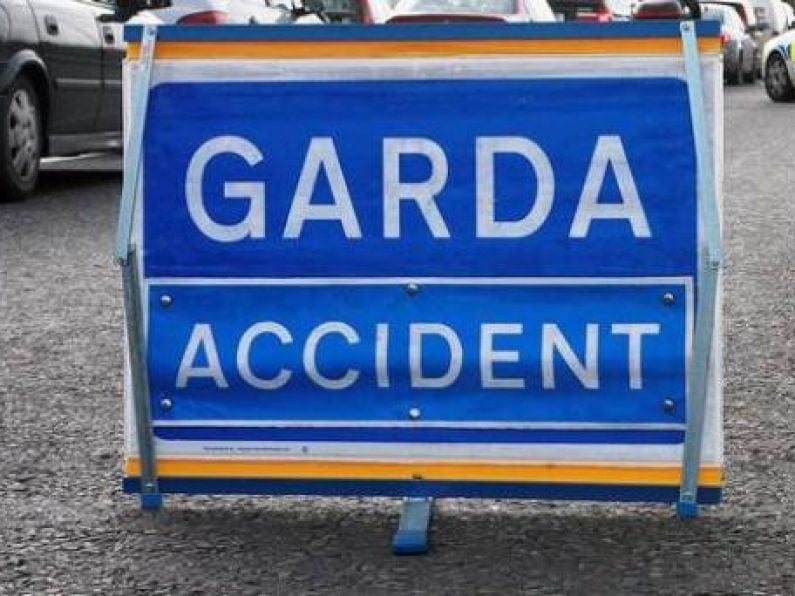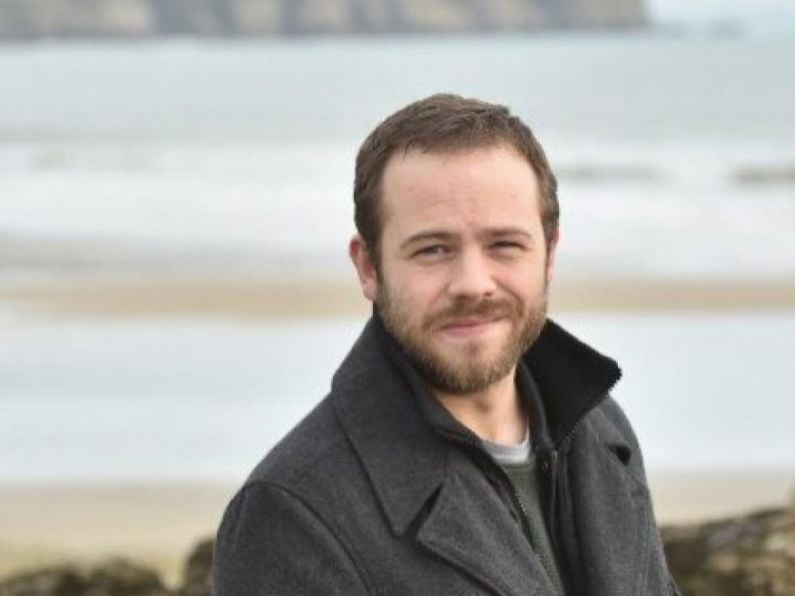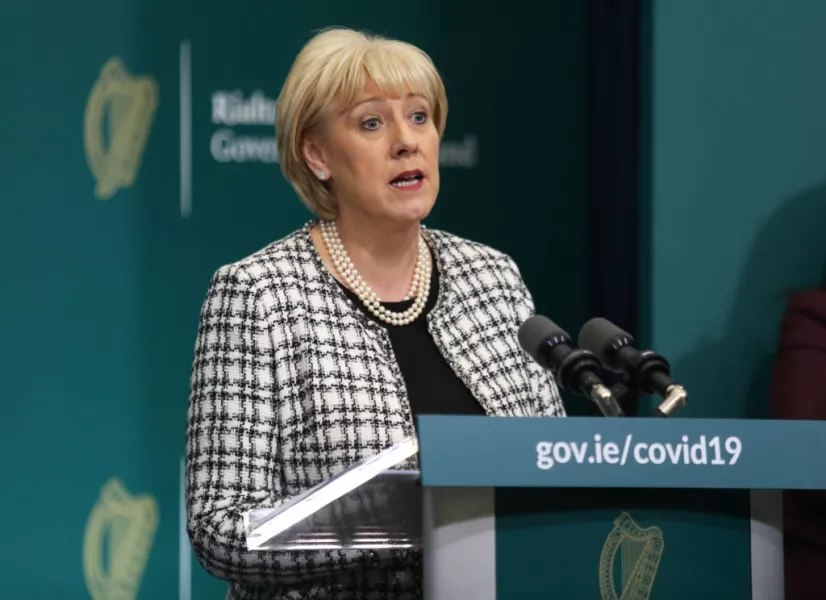
By Cate McCurry, PA
The Government has defended its decision not to commit to any job targets or deadlines in a major plan to attract more workers to rural towns and villages.
The blueprint to transform rural areas across the country, described as the most ambitious and transformational policy for rural development in decades by Government, met a cool reception from Opposition parties.
Sinn Féin spokesperson on Agriculture, Matt Carthy TD, said the plan contained “virtually no new spending, no new targets and no new ideas for rural communities.”
There are no new concrete financial commitments in today’s policy document
“The paper is primarily a repackaging of existing Government policy — much of it proposals that have been oft-promised but rarely delivered,” he said.
The Labour Party meanwhile similarly described the new strategy as “mostly a repackaging of already flagged proposals and plans”.
Labour spokesperson on Community and Rural Development, Seán Sherlock, said the strategy “can’t be another false dawn for rural Ireland.”
“The Government described this as the most ambitious and transformational policy for rural development in decades but that will be determined by whether they follow through on their pledges,” he said.
“Despite much publicity about relocation grants, community ownership and tax changes there are no new concrete financial commitments in today’s policy document.”
Timetable or targets
Under the new strategy, major shake-up aims to have more people working from rural areas by developing disused buildings and pubs into working hubs.
Among the commitments is a plan to offer city-based workers a grant to relocate to rural areas to boost small towns and villages.
However, the Government has not committed to a timetable or set any targets for jobs in rural areas.
There are plans to set up more than 400 remote working hubs, but there is no specific date when these will become available.
Speaking at a press conference at Croke Park in Dublin, Minister for Rural and Community Development Heather Humphreys said she did not “want to put figures on things like that because it’s about giving people the choice.”
#OurRuralFuture launch kicks off . Join us via @merrionstreet and let’s talk about how we can reimagine and reinvigorate Rural Ireland. @MichealMartinTD @LeoVaradkar @EamonRyan pic.twitter.com/sF11783gw8
— Heather Humphreys (@HHumphreysFG) March 29, 2021
“I don’t think working from home is healthy, that’s why we will support 400 hubs across the country, so you have the demarcation when you leave work and go home,” she said.
Ms Humphreys said the Government will also explore tax incentives for employers or employees who can accommodate remote working.
“I’m also looking at grants for remote workers to move to rural towns and villages. I want to keep momentum going on remote working,” she added.
“I think it’s the one big game-changer that we have in rural Ireland. We have looked at the American model, where they have tried to get people from Silicon Valley to move back to places like Georgia, and offered them a relocation grant of about 2,000 dollars.
If you want to work remotely and live in rural Ireland, we want to facilitate it
“This is Government giving a message to people: we want to help you and if you want to work remotely and live in rural Ireland, we want to facilitate it.
“If you buy a new a car and leave the garage, sometimes the garageman will say, ‘I’ll fill up that tank for you’ – that’s the help to get you on the way. That’s what this grant is about.”
Ms Humphreys said the Government is focusing on getting the economy reopened. She said targets to create jobs in rural areas were not included because of economic difficulties during Covid-19.
“There’s no target on jobs at this time because of where we are,” Ms Humphreys added.
“I think it would be unwise of me to put a target in there, in terms of jobs.”
Taoiseach Micheál Martin said that allowing people to work from home, particularly young people, will reduce living costs and provide additional saving capacity.
“The population is growing and this plan creates a framework for population growth,” he said.
“One of the points we’re making is that we went want population growth in rural Ireland. It’s about how we balance that out in terms of a greater regional the balance than we’ve had before.
“That is a clear imperative and this strategy will aid us in redressing that regional balance.”





